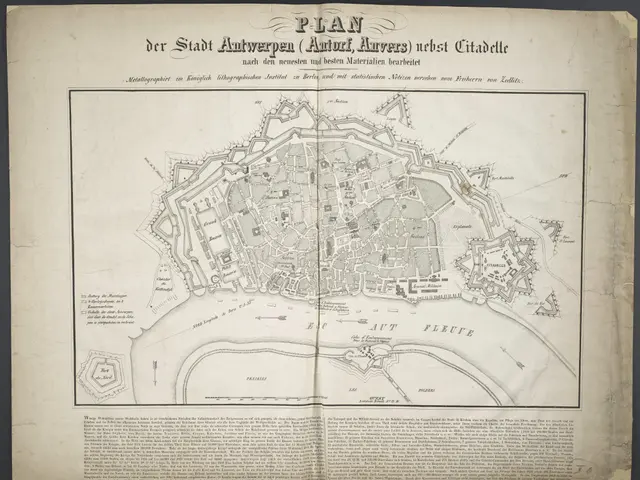Air India faces critical compliance issues highlighted by the DGCA's warning
In August 2025, the Directorate General of Civil Aviation (DGCA) issued a stern warning to Air India following two long-haul flights from Bangalore to London that exceeded the maximum permitted flight time of 10 hours under the Civil Aviation Requirements (CAR).
The breach of the flight-time regulations, intended to safeguard pilot fatigue and operational safety, occurred on May 16 and 17, 2025. The DGCA found that Air India had misused an exemption granted for pilot duty hours related to Pakistan airspace closure, applying it incorrectly to these flights, which did not traverse Pakistani airspace.
The consequences for Air India were significant. A formal warning was issued to Air India's CEO and Accountable Manager, Campbell Wilson, admonishing him to exercise utmost diligence in complying with aviation safety regulations. The DGCA criticized the airline's initial response to a show cause notice issued in June 2025 as inadequate and unsatisfactory in addressing regulatory lapses.
In response, Air India acknowledged the problem arose from a different interpretation of the exemption granted to mitigate border-related airspace closures. Once the correct interpretation was conveyed by DGCA, Air India immediately corrected the rostering issue and assured full compliance with the rules moving forward. The airline maintained in official statements that it remains fully compliant with applicable rules after the correction.
The DGCA warning to Air India serves as a cautionary signal to other Indian carriers about the misuse of regulatory permissions. Regulatory permissions in aviation must be tightly controlled with clear approval protocols and documentation. The DGCA will likely review follow-up documentation before dismissing the warning or closing the show-cause matter.
Air India must revise its rostering and flight-time monitoring systems to ensure no recurrence of the breach. The DGCA warning to Air India reflects procedural non-compliance and a failure in internal interpretation and oversight systems. Ensuring transparent communication about corrective measures will be key in rebuilding trust among regulators, passengers, and government bodies.
| Issue | DGCA Consequence | Air India's Corrective Action | |------------------------------------------|-----------------------------------------------------|----------------------------------------------------------| | Exceeded 10-hour pilot flight time limit | Formal warning to CEO/Accountable Manager | Corrected roster after correct interpretation conveyed | | Misuse of exemption related to Pakistan airspace | Show cause notice issued; response deemed inadequate | Immediate correction and commitment to compliance | | Failure to comply with CAR requirements | Warning and instruction for utmost diligence | Clarification and adherence to regulations |
This episode underscores the critical role of accurate interpretation and adherence to pilot duty time regulations to maintain aviation safety. The DGCA has called for "utmost diligence" from every airline's operational leadership, and failure to act decisively in response to the DGCA warning may lead to escalated enforcement, reputational damage, or costs associated with more stringent oversight. Retraining or internal audits of the Accountable Manager's office may be necessary in Air India to prevent future breaches.
The DGCA's warning to Air India highlights the need for caution when utilizing regulatory permissions in the aviation industry, particularly concerning pilot duty hours and flight time limits, as demonstrated by the breach. Air India is required to revamp its rostering and flight-time monitoring systems, focusing on accurate interpretation and adherence to rules to avoid future violations.
Strict control over regulatory permissions and clear approval protocols are essential across all Indian carriers to ensure safety in the finance, transportation, and aviation sectors, especially when it comes to managing pilot fatigue and operational safety.








